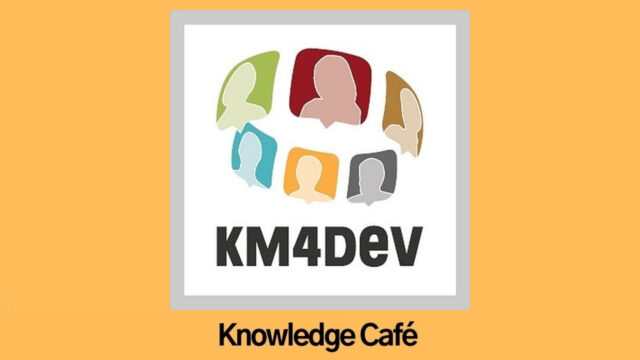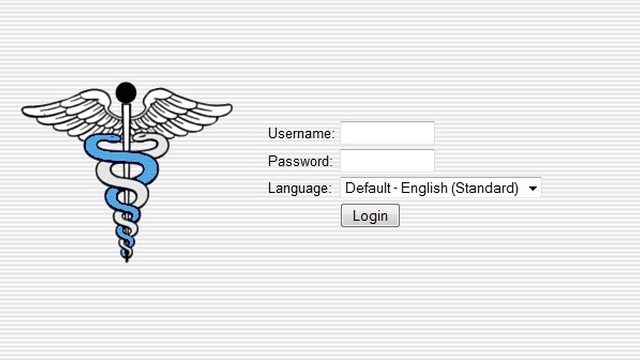
Knowledge management implementation and tools for informed decision-making in healthcare
Healthcare is a knowledge-driven process, so knowledge management (KM) and the tools to manage knowledge are receiving increasing attention.
An important aspect that needs to be considered with KM implementation in healthcare is what is known as evidence-based medical practice (EBMP), which is the integration of research evidence, clinical expertise, and patient preferences and values in clinical decision-making.
The adoption of the effective strategies for managing knowledge is vital for effective EBMP, with having the right knowledge at the right time, that is, at the point of decision-making, being paramount. With this in mind, a new paper1 carries out a systematic review with the aim of answering these key questions:
- How is healthcare service delivery affected by the implementation of knowledge management with respect to informed decision-making?
- Which tools are currently used to manage knowledge in order to facilitate and improve healthcare services?
- What are the challenges that limit KM implementation in healthcare?
Articles published over the ten year period 2005-2015 were considered. An initial keyword search returned a total of 17403 articles, of which 17223 were excluded after reading just the titles. Of the 180 remaining articles, 134 were excluded after reading the abstracts due to duplication and because full texts could not be obtained for some. The remaining 46 articles were further assessed for eligibility, and finally, 44 articles were identified for the review.
Key findings
- Advances in information and communication technology (ICT) have greatly contributed to knowledge sharing, because knowledge can reach the receiver instantly without need to travel to acquire it.
- Online knowledge transfer or knowledge exchange portals are a key facilitator of the efficient and timely exchange of knowledge, as well as knowledge generation and dissemination.
- Communities of practice play a pivotal role in managing knowledge flows, and improve organizational performance.
- For good knowledge flow, there is a need for the right balance among these three pillars of knowledge sharing, which are people, processes and technology.
- Virtual communications and real-time ICT activity in “smart homes” are assisting disabled and elderly people to access healthcare services in their own homes.
- Information and knowledge processing requirements are overwhelming because huge amounts of data and information are gathered from every healthcare service provider every single day. So KM tools that facilitate the capture and distribution of clinical knowledge become vital, especially for healthcare organizations that champion best practice patient care.
- Two main aspects that have to be considered in regard to KM technologies are the knowledge of the employees to utilize the tools and the issue of initial investment. As installation and maintenance are costly, organizations must make sure that processes are successful and meet intended goals.
- It is of utmost importance that top management unconditionally supports a KM initiative and its full implementation.
- Continuous training should be provided for employees until they can fully make use of KM tools without seeking assistance.
- Using systems such as electronic health records (EHR) can assist KM implementation through the provision of complete patient information, leading to improved quality of care for patients.
- Lack of motivation of employees to share knowledge is one of the barriers to the implementation of KM, and even if a state-of-the-art technology is available, it is of no value if employees are not ready to share their knowledge.
- The underlining reasons for knowledge hoarding are a lack of awareness and problems of trust due to a fear of loss of recognition once the knowledge that people possess is captured and coded.
- Knowledge hoarding can be addressed through policies that make physicians realise that knowledge sharing is all improving the quality of care for the patients they are laboring hard to save. Physicians should also be given incentives to spend time using ICT systems.
- There is a lack of communication between policymakers and researchers, and also a lack of applied research. To address this, policymakers need to give due attention to research outputs, and researchers should concentrate on applied research to tackle priority problems and provide sustainable solutions that improves quality of care.
- Web 2.0 technologies are among the advances in health ICT. There are a number of reasons for professionals to use such tools, the main ones being effective communication, managing personal knowledge, generating discussion about new concepts or ideas, finding answers to particular problems, staying informed about the latest news and the activities of fellow colleagues, increasing social network size, and building a level of credibility. Some of the tools of Web 2.0 are blogs, wikis and the ever increasing social media.
- Other technological opportunities include clinical decision support systems, electronic health record systems, community of practice infrastructure, and advanced care management.
- In order to realize the fully-fledged implementation of KM in healthcare, all concerned bodies, which among others includes policy makers, researchers, health professionals, and healthcare providers, need to come together and play their part to seize the opportunities and improve the quality of healthcare.
Article source: The paper Knowledge Management Implementation and the Tools Utilized in Healthcare for Evidence-Based Decision Making: A Systematic Review has been published under a Creative Commons Attribution License.
Reference:
- Shahmoradi, L., Safadari, R., & Jimma, W. (2017). Knowledge management implementation and the tools utilized in healthcare for evidence-based decision making: a systematic review. Ethiopian Journal of Health Sciences, 27(5), 541-558. ↩
Also published on Medium.






